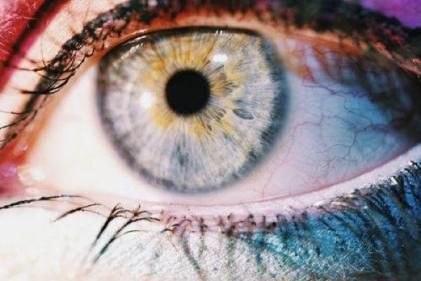Depression is a serious, but treatable disease. It’s estimated that 5% of all children and adolescents suffer from varying levels of clinical depression.
Although the exact cause of depression is not certain, it is believed to be the result of a combination of biological and environmental factors. Changes in brain chemistry, specifically a drop in neurotransmitters, as well as environmental factors such as a traumatic life event can lead to clinical depression.
In children, depression can manifest in several ways. A child could be sad or cry for no reason. He may get easily irritated, angry, or defiant and will seem to not enjoy things that should be fun for him.
A depressed child will also have problems playing with other children and may not show an interest in social activities. They may have low self-esteem and a general sense of hopelessness. Others signs include a lack of energy, trouble concentrating, physical ailments, trouble eating and sleeping.
Many children who suffer with depression will also have another disorder like anxiety, an eating disorder, or attention deficit disorder.
As a parent, it is difficult to judge whether your child’s behaviour is just a stage, or if there is something going on that you should be concerned with. However, if do you notice symptoms of depression and they do not go away for several weeks, you should discuss the matter with your child’s doctor. If the doctor believes that treatment is required, they will refer you to a child psychologist, psychiatrist, or other licensed mental health professional.












